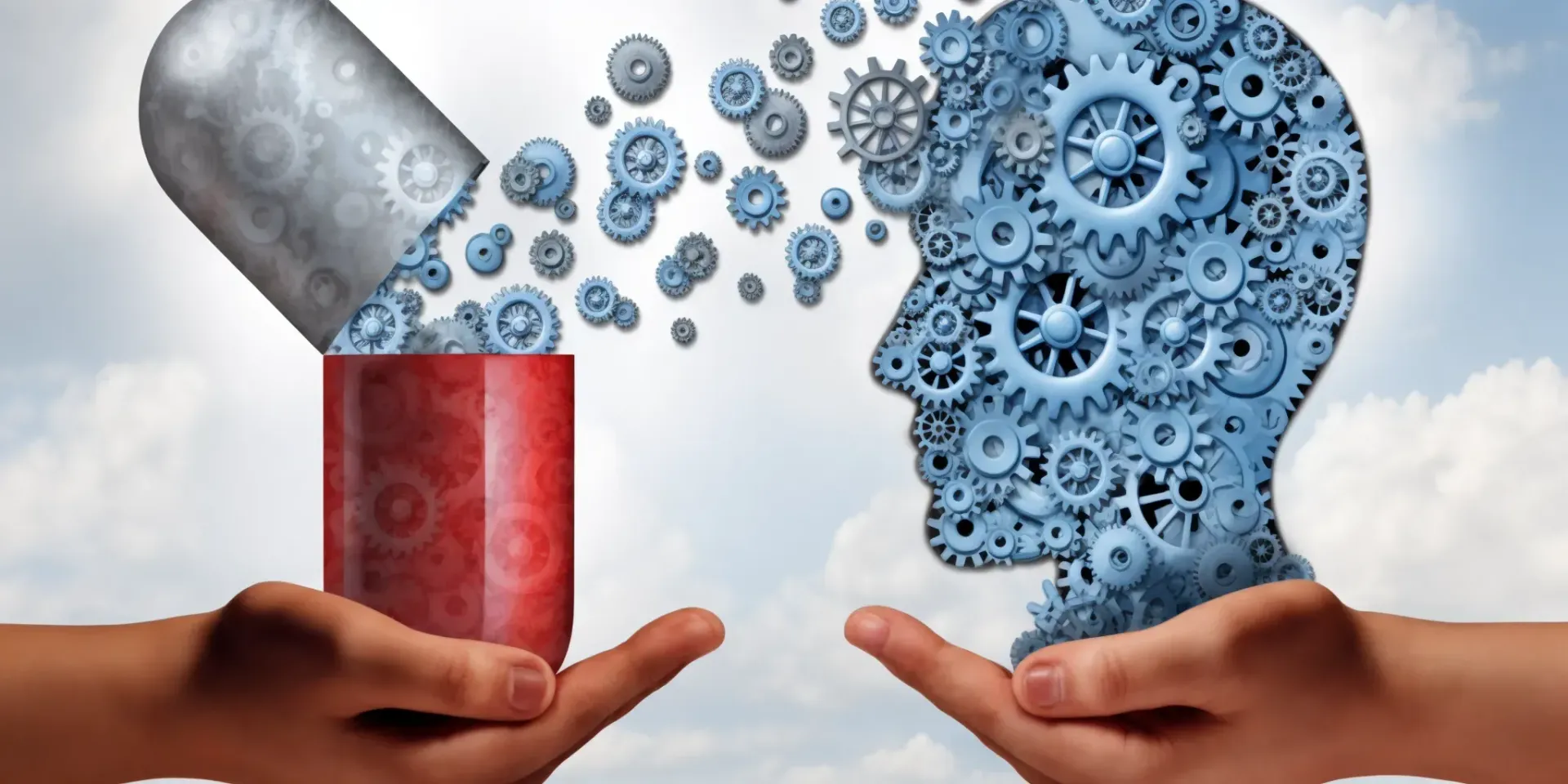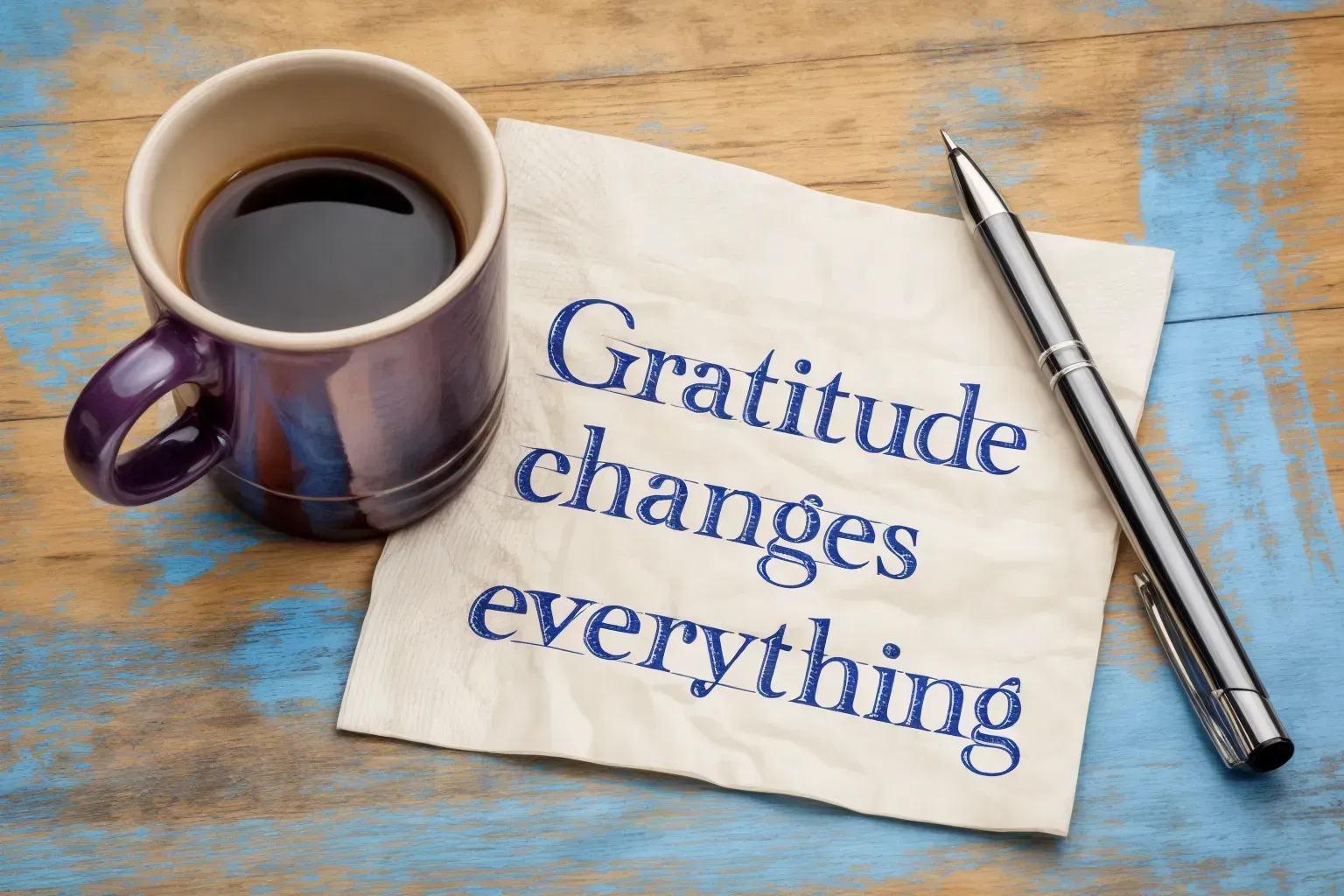Explore Our Blog
Addiction – Part 6: Addiction and Mental Health
Advance Minds Blog
A safe space to explore subjects within the community such as mental health, substance abuse and personal identity.
Our safe space also provides the opportunity for real individuals to express their hardships and success through writing.
Addiction almost never happens in a vacuum.
For many people, substance use or compulsive behaviors are just one part of a bigger picture

one that includes depression, anxiety, trauma, or other emotional struggles.
This overlap is called a co-occurring disorder or dual diagnosis.
When mental health issues and addiction feed into each other, recovery becomes more complex.
Healing has to address both—because treating one while ignoring the other usually doesn’t work long-term.
🧠 What is a co-occurring disorder?
A co-occurring disorder means a person is living with both a substance use disorder and a mental health condition at the same time.
🧩 Addiction and anxiety
🌀 Substance use and depression
🔥 PTSD and drug or alcohol misuse
🧍 Bipolar disorder and compulsive behaviors
These aren’t separate issues—they influence each other in powerful ways, often making both harder to manage.
🔁 The cycle between mental health and addiction
Mental health struggles can lead to addiction—and addiction can make mental health worse:
😔 Someone with anxiety may use alcohol to feel relaxed
💤 Someone with depression may use stimulants to feel alive
🌪 Someone with trauma may turn to substances to numb pain
At first, these may feel like helpful coping strategies.
But over time, they usually create more instability, shame, and emotional overwhelm.
🔍 Why treating both matters
If only one issue is addressed, the other can continue to cause distress—and even trigger relapse:
⚠️ Treating addiction but ignoring trauma can leave emotional wounds open
💊 Addressing depression but not substance use can slow progress
🧠 True healing requires integrated care that sees the whole person—not just a diagnosis
Mental health and addiction are deeply linked.
The path forward often involves treating them together.
🏥 Signs of a co-occurring disorder
Sometimes it’s hard to tell where one issue ends and the other begins.
Here are some common signs:
🌫️ Feeling emotionally numb or overwhelmed
🔄 Using substances to “manage” moods or thoughts
😰 Panic attacks or long-standing anxiety
💤 Chronic fatigue, insomnia, or appetite changes
😞 Struggling with motivation, purpose, or relationships
If these are ongoing and tied to substance use, a dual diagnosis may be present.
💬 What treatment looks like
Effective care addresses both addiction and mental health at the same time:
🧠 Therapy with professionals trained in dual diagnosis
💊 Medication management (if appropriate)
🤝 Support groups for co-occurring disorders
📚 Learning healthy coping strategies and emotional tools
🌿 Building a safe, stable environment for healing
Recovery isn’t one-size-fits-all.
The more holistic the approach, the more lasting the results.
🌿 Final thoughts 💞🌈
Addiction is often just the surface.
Beneath it, there may be pain, fear, loss, trauma, or mental health struggles trying to be heard.
When we treat addiction and mental health together, we stop seeing symptoms—and start seeing the person.
With compassion, support, and the right help, people can find balance, healing, and a renewed sense of hope.
















